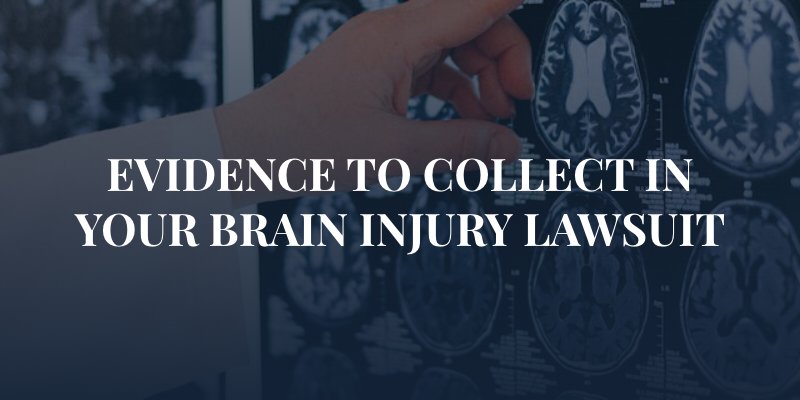
When you or a loved one experiences a traumatic brain injury, the impact on your life going forward may feel bewildering. Recovering from a brain injury takes time and rehabilitation as the brain rewires itself around injured areas. Some effects are long-term or permanent, affecting the injury victim’s ability to support themselves and their family or to accomplish daily tasks. When the injury was entirely preventable if only another party had taken reasonable care, a brain injury lawsuit in Florida is an important first step toward justice and recovery. But first, a claim for damages to recover medical expenses, lost wages, and compensation for pain and suffering requires substantial evidence of the at-fault party’s liability for those damages.
Criminal courts require proof beyond a reasonable doubt, but a civil case to recover damages requires injury victims to prove the at-fault party’s liability through a “preponderance of the evidence” showing that it’s more likely than not that the at-fault party caused the injury. This burden of providing evidence of liability falls to the injury victim, or plaintiff in a brain injury case in Florida.
Proving liability requires showing evidence of the following:
A successful case requires evidence illustrating each of the above legal points of liability.
Collecting evidence begins at the scene of the accident or injury. Taking photos of anything relevant to the injury such as damaged vehicles, an accident scene, a defective product, or a fall hazard, and gathering the contact information of eyewitnesses helps prove that a breach of duty occurred and was the the cause of the injury. Then, medical evidence of the injury and its current and future costs becomes the key to proving economic damages. Examples of evidence used in successful brain injury claims include the following:
A brain injury victim is unlikely to be able to document evidence at the scene immediately after suffering a serious head injury, but if a family member, loved one, or companion is at the scene, preserving evidence, getting eyewitness contact information, and taking photos makes the case easier to prove through a preponderance of the evidence. With strong evidence, many brain injury cases in Florida are promptly resolved through an out-of-court settlement so the victim never has to see a courtroom. However, if the case does become a lawsuit in court, this evidence is critical to making a compelling case to a judge and jury. Our experienced brain injury attorneys in Sarasota and Bradenton at Shapiro | Delgado will help you through you brain injury case and gather any relevant evidence to get you the justice you deserve. Contact us today for a free consultation.
Notifications